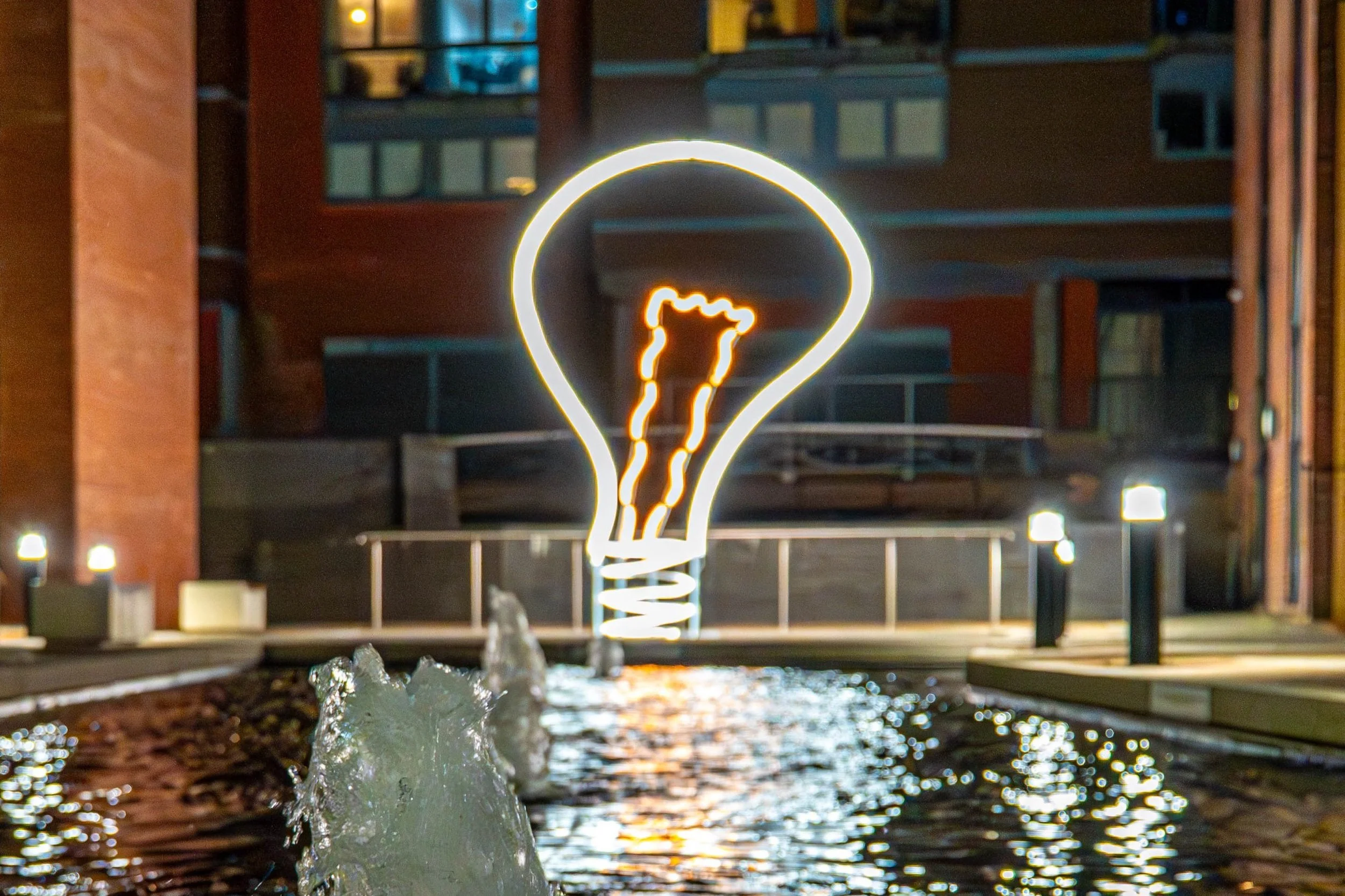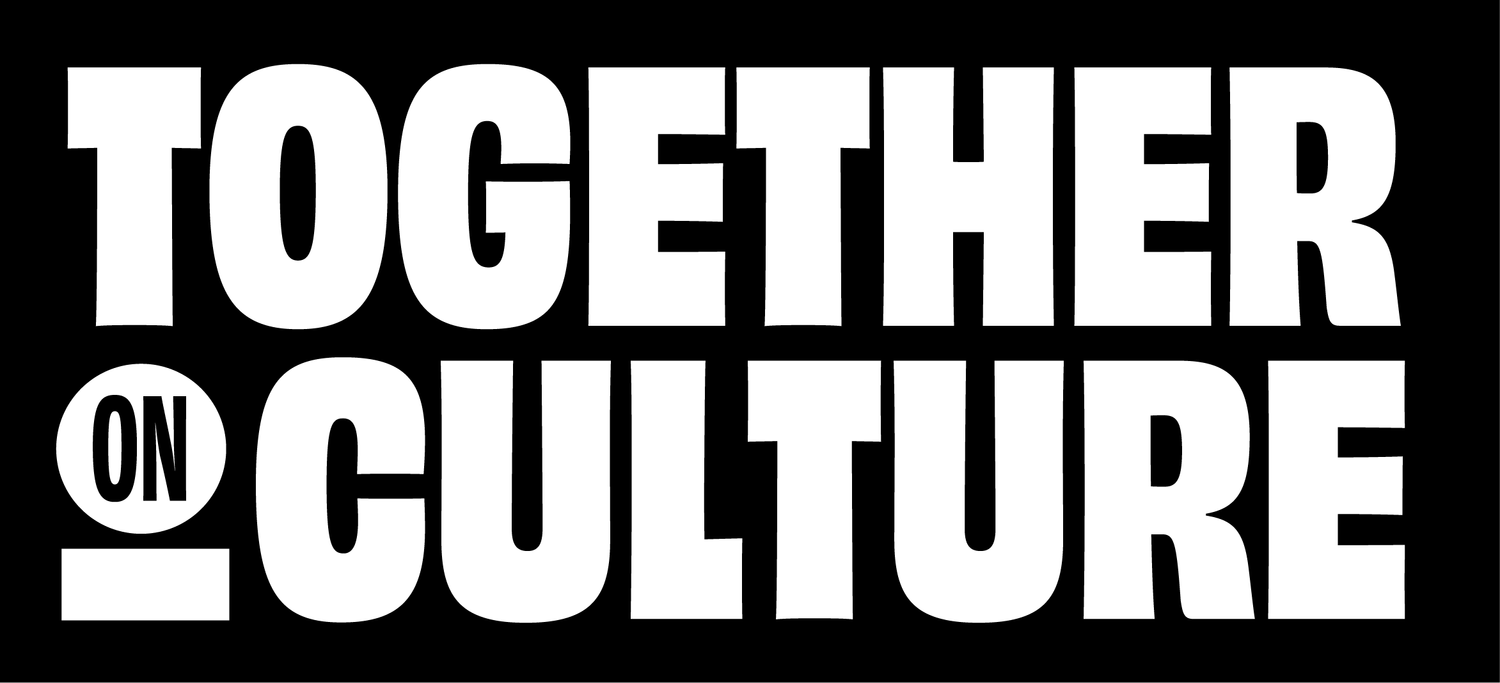Co-designing this strategy
The consultation for Birmingham City’s new Arts & Culture Strategy took place over four months, from October 2024 – January 2025 and involved a mixed method approach. A summary of the input from literally hundreds of people can be found in a dedicated appendix.
Building on the findings of the city’s Big Cultural Conversation event in 2022, we focused our initial consultation activities on conversations with the sector.
Following these, and once the draft strategy was developed (December 2024) we took the strategy out to further consultation with the wider Birmingham community including young people and diverse communities.
Building on the findings of the city’s Big Cultural Conversation event in 2022, we focused our initial consultation activities on conversations with the sector.
Following these, and once the draft strategy was developed (December 2024) we took the strategy out to further consultation with the wider Birmingham community including young people and diverse communities.
Summary of approach
The consultation activity included:
Desk Research – Review and analysis of existing research and relevant City policies
Hatch Report – Rapid baselining exercise of Birmingham’s cultural economy by Business Management Consultants, Hatch
Public facing online survey
20 one-to-one interviews with Arts & Culture Sector representatives and wider stakeholders
2 x online workshops with Elected Members
1 x online workshop with Community Leaders
1 x in person event hosted at The Exchange, with 60 attendees from the Arts & Culture sector in Birmingham
4 x meetings with Birmingham's Cultural Compact
Community workshop, hosted at the Legacy Centre with 30 attendees
Face-to-face young people’s workshop, hosted at Birmingham Ormiston Academy (BOA), with 30 attendees
Online workshop with Youth Leaders, with 25 attendees
Face-to-face workshop with students, hosted by Birmingham City University, with 15 attendees
The consultation and framework drafting have been led by Creative Concern. The Compact would like to take this opportunity to thank everyone who has given their time, energy and thoughts to this process, which we believe has genuinely led to a strategic framework that has been shaped by you.
Co-design workshops & surveys: headlines
96% of our survey respondents believe major cuts to culture and the arts in Birmingham makes the city a less attractive place to live, work and invest.
Survey respondents see investing in culture and arts as essential for economic growth, social cohesion, and maintaining Birmingham’s identity as a diverse and creative hub.
Respondents mentioned the need for inclusive cultural programming to celebrate all cultural heritages, embracing and listening to the perspectives of the younger generation, and ensuring venues and materials were physically and linguistically accessible to accommodate different needs.
Other priorities for people?
Arts education in schools
Accessible and affordable programmes
Community arts and youth centres
How can culture in new developments help?
Foster community and belonging
Support artists and creative industries
Improve mental health and wellbeing
Young people and students looking for a future creative career told us that more affordable workspaces were needed, that a strong independent scene was important to them, and that there’s a disconnect between students studying in Birmingham and the cultural scene that if tackled could encourage them to see their future cultural or creative careers in the city.
Community leaders are looking for more inclusion, more collaboration, and stronger support to connect art with education, and to map out a career path for creatives. They also strongly support more neighbourhood hubs for culture.
Credit: Joe Bailey, FiveSixPhotography






